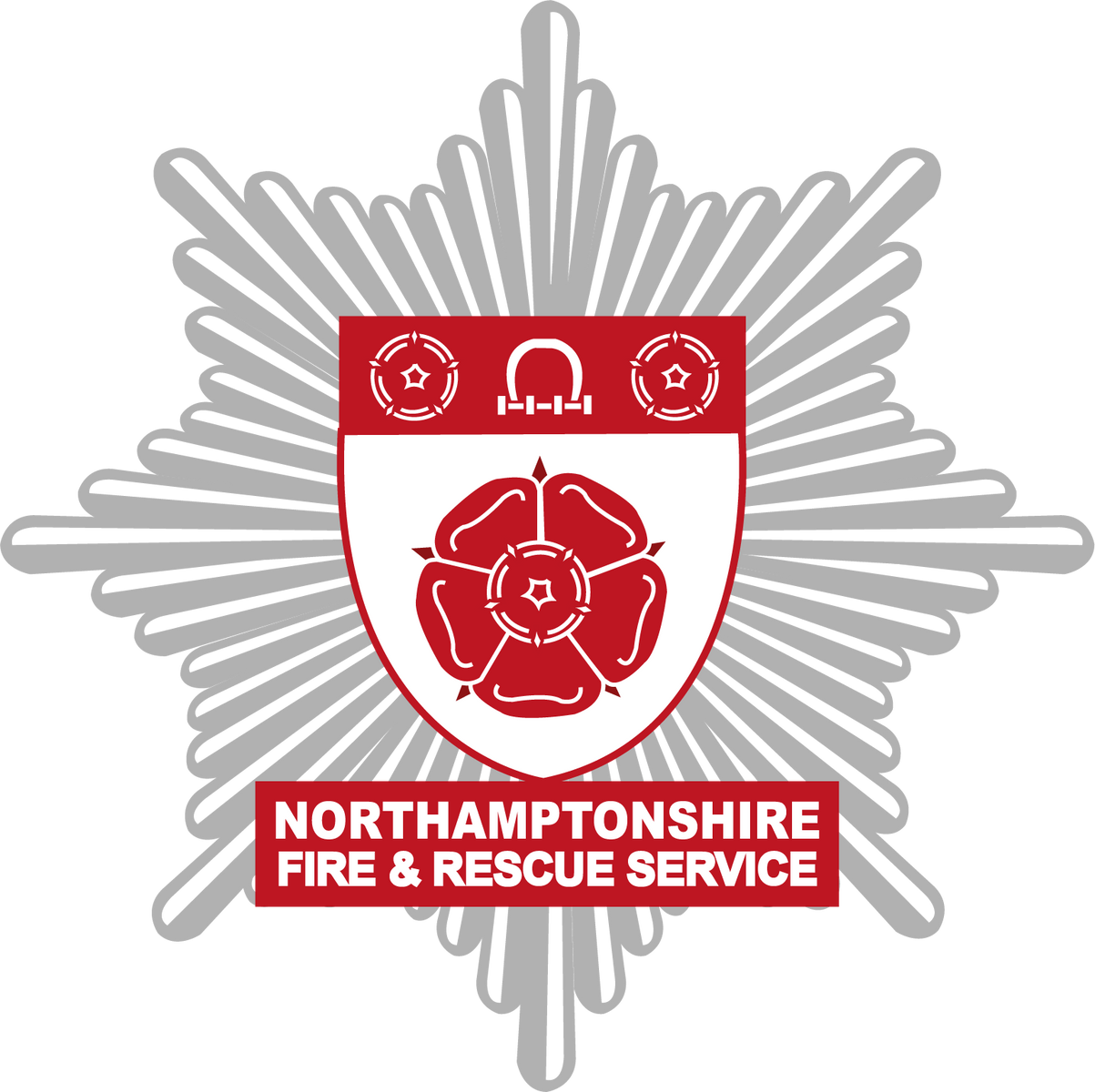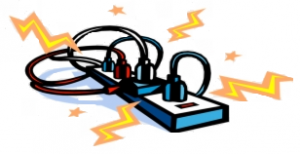Feeling safe at home is something important to most people but, for those with dementia, achieving this has its own challenges.
Northamptonshire Fire and Rescue Service (NFRS) is supporting Dementia Action Week (20th – 26th May) by encouraging people to sign up for a free home fire safety visit, which can help those with dementia feel safer.
The symptoms of dementia, such as memory problems, can make everyday fire risks around the home harder to deal with.
There may be issues such as forgetting to turn electrical items on or off and there may be confusion around the use of appliances.
Practical fire safety steps for those living with dementia can include shut-off devices which stop the gas supply if a cooker is left on, or a gas tap which can be turned off to prevent unsupervised cooking.
Home Fire Safety Visits, carried out by NFRS, include personalised advice to address particular issues people may have in keeping safe at home.
Tina Collett, of the NFRS Home Fire Safety Team, said: “Independent living can be a real concern for people who have dementia and for their families too.
“Home fire safety visits can really help people with dementia as they can address some of the fire risk challenges people with this diagnosis face in their everyday lives.
“Our staff offer friendly advice to address issues and can also fit free smoke alarms for vulnerable people.
“It is very easy to request a visit and this can be done by the person who needs the home fire safety visit, or the referral can come from someone else such as a friend, relative or carer.”
Requesting a Home Fire Safety Visit:
Individual requests:
If you have internet access, just click on the following link to book a visit for yourself:
www.northantsfire.gov.uk/home-safety-checks/
Visits can also be requested by calling 01604 797000
Professional agency referrals:
Online referrals can be made by completing the agency referral form:
www.northantsfire.gov.uk/home-safety-checks/
On-Line Home Fire Safety Self-Checker:
If you don’t want anyone to visit your home, but you want to carry out your own fire safety check, you can use our On-Line Portal:
www.safelincs.co.uk/hfsc/?ref=NHFRS
Fire safety advice in the home:
- Consider using a microwave instead of an oven. It can make cooking easier.
- It is important to check that your cooker is safe. For electric cookers, ask a qualified electrician to check it. For gas cookers, arrange a visit with a Gas Safe registered engineer
- If you have memory problems, you may worry that you will forget to turn off the oven or hob. ‘Shut off’ devices are available to stop the gas supply if you forget to turn off the cooker.
- You can also have a special gas tap fitted that friends and family can turn off when they leave your home. This does mean some loss of independence for someone with dementia but it may be the choice to make if safety and memory issues are concerns.
- Only buy furniture that is fire resistant.
- Never smoke in bed.
- Never leave lit candles unattended.
- Smoke alarms give an early warning of a fire, by detecting smoke and sounding an alarm and are best fitted in hallways and at the top of stairs. Smoke alarms should not be in the kitchen and bathroom as heat and vapour from cooking and bathing can set them off unnecessarily.
- Smoke alarms are run by batteries or by mains electricity. You should test the batteries in your alarms once a week by pressing the button until the alarm sounds.
We have a quantity of Dementia Calendars still left to give out to anyone that feels they could benefit from one, please just email tcollett@northantsfire.gov.uk to request a calendar.









